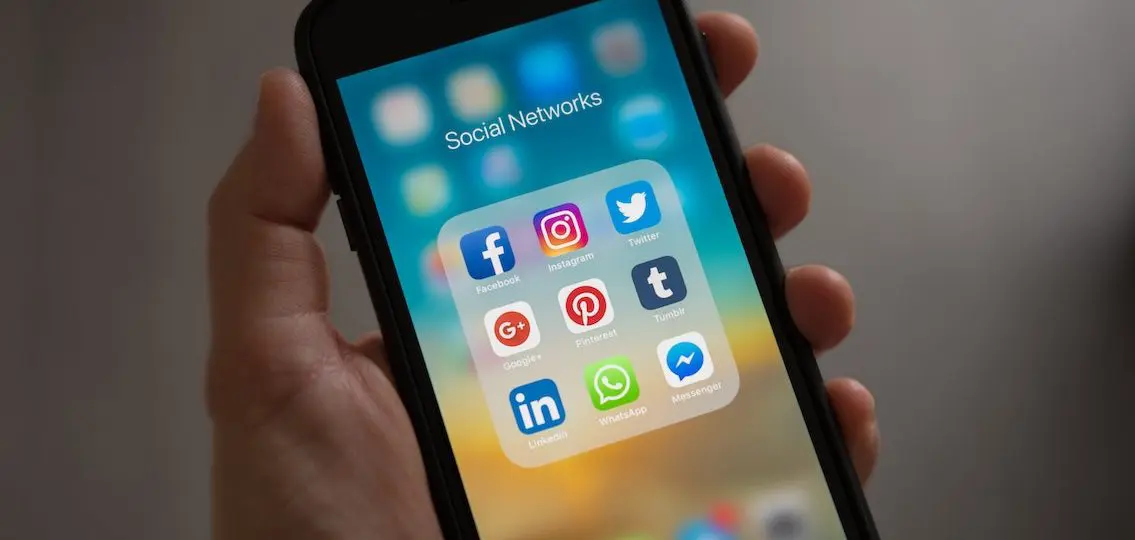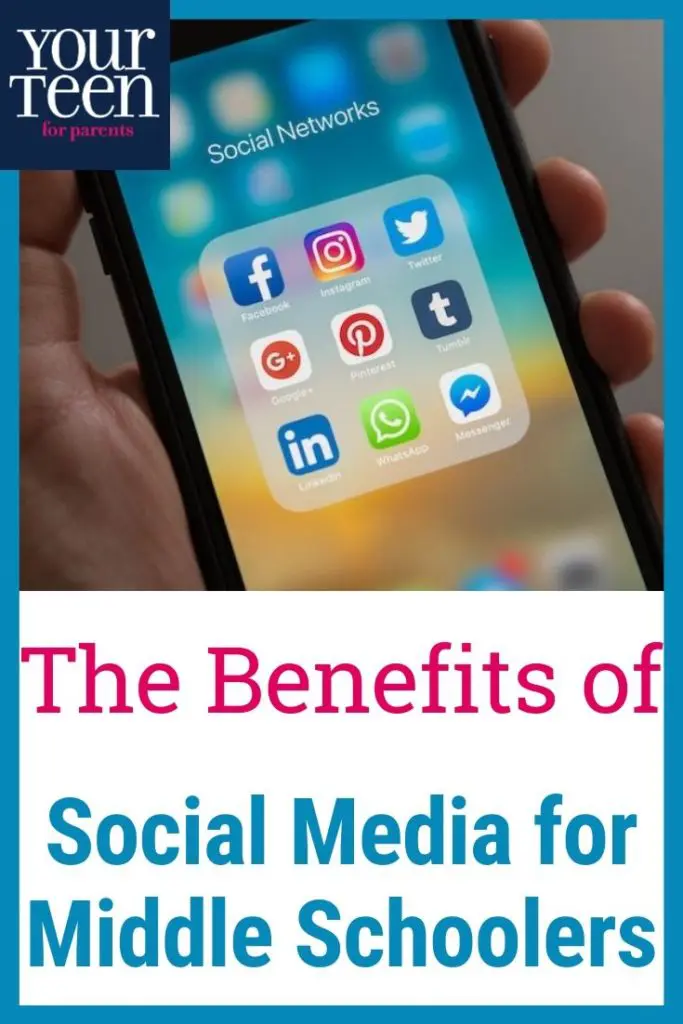Linda Charmaraman is the director of the Youth Media and Wellbeing Research Lab at the Wellesley Centers for Women Research and Action Institute at Wellesley College. Her research follows middle school students and their parents in order to determine the long-term health and wellbeing effects of early smartphone use, social media use and gaming.
Q: Are there any hard and fast rules for middle school kids that you would suggest to parents while we are in this quarantine environment?
Charamaraman: In my studies with middle school parents, one of the main concerns that they have is that they wish they knew what everyone else is doing because they don’t know if they are strict. It’s not just about how you are in relation to other parents, but how do your rules fit with your with children? Some of them could be experiencing some anxiety at the moment because of not knowing what their future holds. Maybe restricting the type of content that they see, making sure that the news that they are seeing is real news, for instance, or making sure that they know there are resources out there online that could help them feel less anxious as opposed to more anxious like meditation apps and things like that. So the key isn’t just the amount of time that you’re on technology. It’s a content that is consumed.
| [adrotate banner=”169″] |
Q: In your research on teens and their parents, have you found that they interpret situations in the same way?
Charamaraman: If you ask people directly about their roles in the house, I find that it’s hard for parents to be completely honest about their roles and if they’ve imparted the rules that seem so ideal in their head. Did they actually say it and force it to their teens? And then when you ask the teens, they said things like, “Oh yeah, that’s a rule, but they don’t even do it themselves. They’re on their phones at mealtime, too.” I think there’s a little bit of this aspirational parenting and then the reality of it.
Q: How realistic is it for you to be monitoring which hours are school time and which hours are social media time and which hours or gaming time?
Charamaraman: It’s just impossible. We can all talk the aspirational talk of what we should be doing, but in reality monitoring our kids is the most challenging thing of anything that we’ve ever experienced with our kids. When you think about what is workable for us in this time, it has to do with more looking for signs that something’s not working. If things are going well, just keep going with what works. They’re engaged and they’re not completely miserable, lonely. Then you’re doing something fine. But if you start to notice somebody’s having addictive tendencies, and you can’t they can’t get off the game or they can’t get off of that YouTube channel. And they are skipping meals and not sleeping. Those are the kind of things that that would need some intervention.
Q: Does the research reflect that that parents are, in fact, taking phones and technology away from their kids before they go to bed?
Charamaraman: The American Academy of Pediatrics recommends that you take them away 30 minutes before they actually go to sleep. But 80 percent of teens sleep with their phones. They’re under their pillows. They are hearing the notifications all night. They want to get to that text, that important piece of news. In households, a lot of people use phones in the bedroom as a privilege that gets taken away when they don’t do something or make their parents unhappy. It also depends on are you looking at: are you reading horror stories about Covid 19 right before bed and you might not be able to sleep or meditating to help you sleep?
Q: What are there signs to look for to determine if tech use is getting to be an addiction and a problem?
Charamaraman: Gaming itself isn’t necessarily negative to someone’s health or well-being or mental health. There are studies that violent games, though, do increase aggressive thoughts and aggressive behaviors. So if there are kids that are getting aggressive when they’re told not to game anymore, that would be one sign. Nowadays, there are a lot of ways to not just have a stereotypical view of a gamer with their headphones and sort of alone and ostracized. There’s actually more socializing nowadays with the advent of different social media sites like Discord, where you can just chat and hang out with your friends while you’re strategizing about the next move and how you can take down the competitors. This is how boys are different from girls in that gaming is their activity or choice. They are able to continue their social life and feeling like connected to the world while they’re gaming.
Q: What do you do when you say come to dinner, but they can’t pull themselves away?
Charamaraman: In some households, I’ve noticed that if the parents are gaming with them, they can understand where their world is at. They realize it’s about teamwork and collaboration and about strategy. And then you can get to that place where you could both think about how to set limits. A parent can say, “You were starting to get moody. Let’s talk about that and we can talk about how next time we can we can ransack that castle in a different way,” but also talk about social emotional aspects of gaming, which is really hard to infuse in everyday conversation. Sometimes gaming could be a nice excuse to talk about it.
Q: They’re certainly wonderful things that technology has given us. What are the highlights of the good news that you see in your research?
Charamaraman: One interesting thing is that since a lot of the lives that adolescents lead are online anyway, being physically distant from their classmates might not be as traumatizing as it is for the adults. Because a lot of times the physical is not something that is at the top of the kids’ minds. They have the mode of communication down pat, and now they can get even more creative about group chats and group parties and things like that. There’re so many ways in which online communication has been maligned in terms of like all the negative like cyber bullying and inappropriate content.

But there’s also a lot of resilience, a lot of providing support to each other and being accessible to people who are geographically far apart. If you had a certain medical condition or maybe you’re an LGBTQ youth and you don’t have motor transportation to go to support groups, being on social media could be your lifeline. This could be a great way to gather your troops to try to help you with a cause that you care about and raise awareness. As long as you’re using social media to be social and connect with other people, there’s a lot to be gained.





